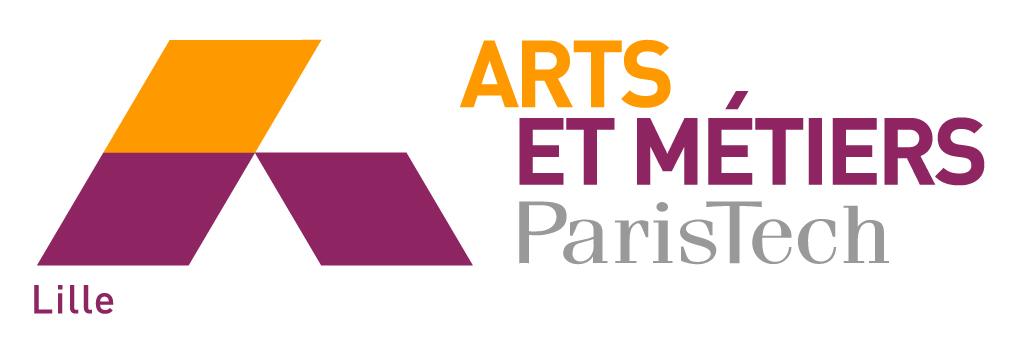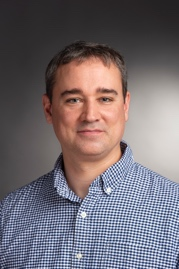Séminaire, Dr. Nathan WILLIAMS, Nov. 25, 2024
|
Master and Doctoral school Unit « Sustainable Development Applications » |
 |
The other side of the equation: Demand-side planning of electrification in sub-Saharan Africa
Dr. Nathan Williams
Assistant Professor, Golisano Institute for Sustainability, Rochester Institute of Technology
November 25, 2024 / 14:00-16:00
ATRIUM, Bldg. BESPRIT, campus « Cité Scientifique »
Abstract
While there remains an estimated 760 million people in the world, most of whom reside in sub-Saharan Africa, that still lack access to electricity, there has been significant progress in the last two decades in expanding supply of electric power. The IEA estimates that the electricity access rate in sub-Saharan Africa has increased from 28% in 2005 to 50% today. However, while supply of electricity has improved, data from electricity providers on the continent suggest that by and large, newly connected communities are not successfully adopting the use of electricity beyond basic, low consumption services like lighting and phone charging. This raises important questions about the financial sustainability of rural electricity provision and the effectiveness of investments in electricity access in enabling improved livelihoods. Demand-side considerations in electricity access planning on the continent has been poorly studied. Without proper planning of both supply and demand of electricity, returns on investment in access are likely to be disappointing, at least in the short term. This presentation will explore the effect of expanding electricity access on electricity consumption patterns in several countries in sub-Saharan Africa, what may be driving these patterns, and potential approaches to improving uptake of productive electricity use in newly electrified communities. Such approaches include programs to support appliance acquisition, cross sectoral planning tools, and remote sensing-based evaluation of complementarity between infrastructure systems in spurring economic change.
About the Speaker
 Dr. Nathan Williams is an Assistant Professor at the Golisano Institute for Sustainability at the Rochester Institute of Technology. His research focuses on data driven energy policy and planning in underserved communities, with a particular interest in the use of renewable and decentralized energy technologies to expand access to affordable, sustainable electricity. More broadly, he is interested in how infrastructure systems can be planned in an integrated and sustainable manner to support social and economic development in underserved communities. Dr. Williams’ work focuses geographically on sub-Saharan Africa and Tribal Nations in the United States. His work is transdisciplinary in nature, drawing on methods from engineering, finance, social science, and data science.
Dr. Nathan Williams is an Assistant Professor at the Golisano Institute for Sustainability at the Rochester Institute of Technology. His research focuses on data driven energy policy and planning in underserved communities, with a particular interest in the use of renewable and decentralized energy technologies to expand access to affordable, sustainable electricity. More broadly, he is interested in how infrastructure systems can be planned in an integrated and sustainable manner to support social and economic development in underserved communities. Dr. Williams’ work focuses geographically on sub-Saharan Africa and Tribal Nations in the United States. His work is transdisciplinary in nature, drawing on methods from engineering, finance, social science, and data science.
Soutenance de Thèse, Ghazala SHAFIQUE, 21 Nov. 2024
Séminaire, Pr. Hajime IGARASHI (Hokkaido University, Japan), 28 Nov. 2024







